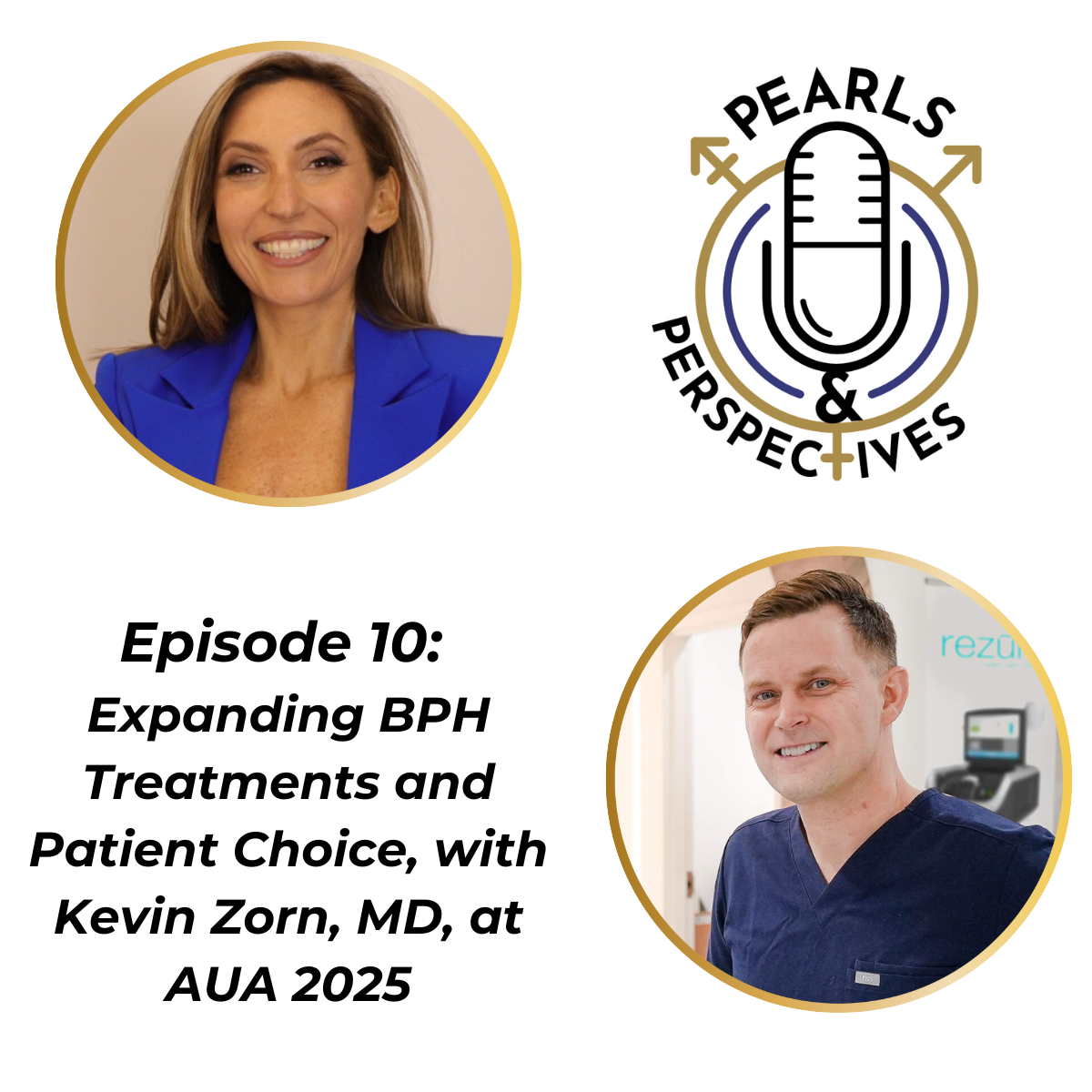News
Article
Metabolic benefits but no OS gains seen with adding metformin to SOC in mHSPC
Author(s):
“There is no clear evidence that adding metformin to standard of care increases overall survival in unselected patients with metastatic hormone-sensitive disease," said Silke Gillessen, MD.
The addition of metformin to standard of care treatment in unselected patients with metastatic hormone-sensitive prostate cancer does not appear to improve overall survival (OS), although a possible benefit was seen in patients with high-volume disease, according to an analysis from the STAMPEDE trial (NCT00268476).
Metformin did, however, confer significant metabolic benefits in patients, according to results presented at the 2024 European Society for Medical Oncology Congress in Barcelona, Spain.1
Silke Gillessen, MD

“Androgen deprivation therapy [ADT] is a standard of care, but it has metabolic adverse effects. Studies suggest that metformin has anticancer activity in different cancers, including prostate cancer. Metformin may also mitigate adverse metabolic effects of ADT and hence improve outcomes. We tested the hypothesis that metformin might improve overall survival in the STAMPEDE platform,” said first author Silke Gillessen, MD, medical oncologist at the Oncology Institute of Southern Switzerland, Bellinzona.
The primary end point was OS. Secondary end points included metabolic effects, toxicity, failure-free survival, progression-free survival (PFS), and prostate cancer-specific survival. A total of 7 subgroups were pre-specified for the final analysis.
Patients were included in the study if they had metastatic hormone-sensitive prostate cancer, HbA1c lower than 48 mmol/mol (<6.5%), and did not have diabetes. A total of 1874 patients were randomly assigned to standard of care (arm A, n=938) or standard of care plus metformin (arm K, n=936). Patients were permitted to stay on metformin beyond progression.
Regarding baseline characteristics, “Importantly, [83% of patients in arm A and 82% of patients in arm K] had ADT plus docetaxel as their standard of care. Only very few patients had an [androgen receptor pathway inhibitor],” Gillessen said.
At a median follow-up of 60 months, median OS was 63.1 months (95% CI, 57.6-68.7) in arm A vs 69.1 months (95% CI, 62.7-73.2) in arm K. The HR was 0.91 (95% CI, 0.80-1.03, P = .142).
In patients with low-volume disease, OS at 5 years was 67% in arm A vs 68% in arm K (HR=1.00, 95% CI, 0.79-1.26, P = .99). In patients with high-volume disease, OS at 5 years was 24% in arm A vs 43% in arm K (HR=0.79, 95% CI, 0.66-0.93, P = .0059). In patients with low-volume disease, PFS at 5 years was 57% in both arms (HR=1.10, 95% CI, 0.88-1.37, P = .40). In patients with high-volume disease, PFS at 5 years was 22% in arm A vs 34% in arm K (HR=0.76, 95% CI, 0.64-0.89, P = .0010).
In terms of metabolic effects, statistically significant differences were observed. At 2 years, patients in arm A had gained 4.5 kg, whereas patients in arm K had gained 2 kg. Glucose, HbA1c, total cholesterol, and LDL cholesterol levels were all lower in arm K vs arm A.
“All these parameters were statistically significantly improved at 6 months, 1 year, and 2 years,” Gillessen said.
Regarding safety, gastrointestinal toxicity (all grades) and renal and toxicity were higher in arm K vs arm A.
“There is no clear evidence that adding metformin to standard of care increases overall survival in unselected patients with metastatic hormone-sensitive disease. There is some evidence of benefit for outcomes in the prespecified but not pre-powered subgroup with high-volume disease that requires further evaluation. Most metabolic parameters improved significantly with metformin, irrespective of disease volume, which may translate to reduced cardiovascular deaths in the future. Further research is warranted for patients treated with ADT-[androgen receptor pathway inhibitor] doublet backbone because we know that these patients have even more metabolic adverse events,” Gillessen concluded.
REFERENCE
1. Gillessen S, Murphy LR, James ND, et al. Adding metformin to androgen deprivation therapy (ADT) for patients (pts) with metastatic hormone sensitive prostate cancer (mHSPC): Overall survival (OS) results from the multi-arm, multi-stage randomised platform trial STAMPEDE. Presented at: 2024 European Society for Medical Oncology Annual Congress. September 13-17, 2024. Barcelona, Spain. Abstract LBA70. https://s3.eu-central-1.amazonaws.com/m-anage.com.storage.esmo/static/esmo2024_abstracts/LBA70.html.pdf
Newsletter
Stay current with the latest urology news and practice-changing insights — sign up now for the essential updates every urologist needs.

















